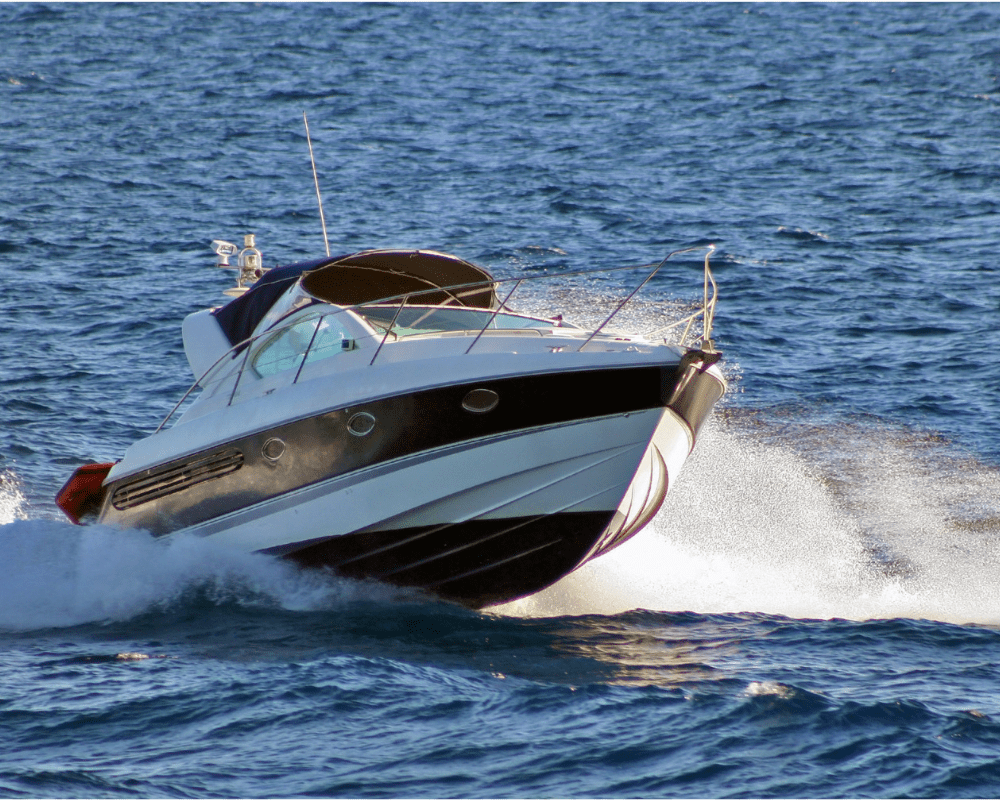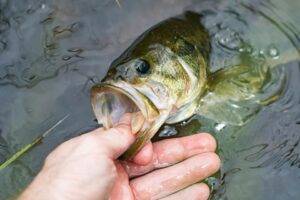
If you find yourself in the unfortunate situation of being involved in a boating accident, it is crucial to know what steps to take in order to ensure your safety and the safety of others. Boating accidents happen more often than you think. Over 4,000 recreational boating accidents occur each year in the US.
According to boating accident attorney Robert Spohrer by following these steps, you will be prepared to handle a boating accident efficiently and effectively, minimizing harm and ensuring a safer outcome for everyone involved:
Assessing the Situation
You need to quickly assess the situation and determine the severity of the boating accident. First, check if everyone on board is accounted for and if anyone requires immediate medical attention. It’s essential to remain calm and focused during this process.
Once you’ve ensured everyone’s safety, evaluate the damage to the boat and the surrounding area. Look for any signs of leaking fuel, fire hazards, or potential dangers that could worsen the situation.
If the accident is minor, such as a small collision or a person falling overboard, you may be able to handle it on your own. However, if the accident is severe, such as a capsized boat or multiple injuries, you should immediately call for professional help and follow emergency protocols.
Alerting Authorities and Seeking Help
Call the Coast Guard or local emergency services to report the accident and provide them with your location. Be sure to remain calm and provide accurate information about the situation. If possible, provide details about the number of people involved, any injuries, and the type of boat involved in the accident.
While waiting for help to arrive, it’s important to stay with the boat if it’s still afloat and safe to do so. If the boat is sinking or on fire, make sure to move to a safe location, such as a life raft or floating debris, and signal for help using any available means, such as a whistle or flares. Remember, time is of the essence when it comes to alerting authorities and seeking help in a boating accident.
Providing Aid to Others
Once authorities have been alerted and help is on the way, it’s crucial to provide aid to any injured individuals. If you have first aid knowledge, assess the situation and prioritize the most critical injuries. Begin by checking the person’s airway, breathing, and circulation. If necessary, perform CPR or use an automated external defibrillator (AED) if available. Remember to stay calm and reassure the injured person that help is coming.
If you don’t have first aid training, offer comfort and support while waiting for professional help. Keep the injured person still and avoid moving them unless absolutely necessary.
If there’s heavy bleeding, apply direct pressure to the wound using a clean cloth or your hand. It’s important to remember that providing immediate aid can greatly improve the chances of survival and recovery for those involved in a boating accident.
Documenting the Incident
To effectively document the incident, make sure you take clear photos and gather all relevant information. Start by using your smartphone or camera to capture images of the accident scene, including any damage to the boats involved and any injuries sustained. Be sure to get close-up shots as well as wider shots that show the overall context.
Additionally, write down important details such as the date, time, and location of the accident, as well as the names and contact information of any witnesses. Take note of any factors that may have contributed to the accident, such as weather conditions or equipment malfunctions.
This documentation will be crucial for insurance claims, legal proceedings, and future reference. Remember, the more thorough and accurate your documentation, the better.
Conclusion
Remember that in case of a boating accident, your safety and the safety of others should be your top priority. By following these steps, you can help minimize the impact of a boating accident and ensure a swift and efficient response. Stay prepared and stay safe on the water.







